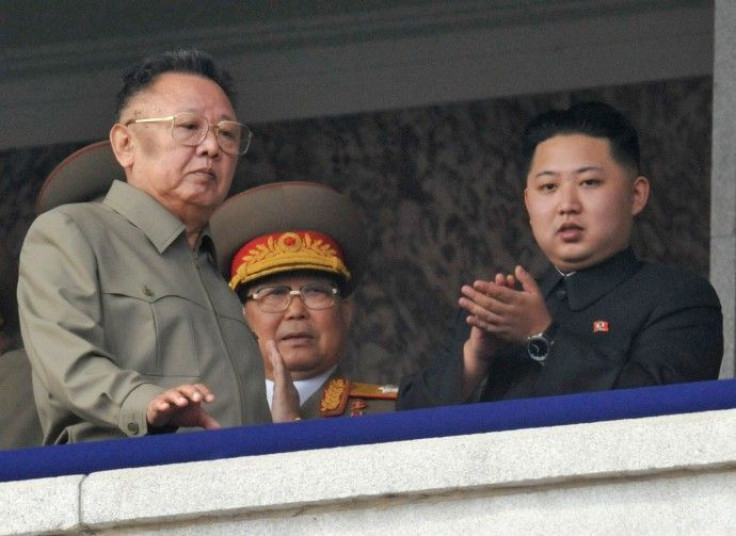US envoy rushes to Asia amid signs of North Korea's fresh nuclear activity

Amid fresh reports of nuclear activity in North Korea, Stephen Bosworth, the U.S. special representative for North Korea policy, will meet South Korean authorities on Monday. Both sides are to discuss on resuming the six-party talks aimed at denuclearizing the North.
In Seoul, Bosworth, along with South Korea's chief nuclear negotiator Wi Sung-lac would also review the fresh concerns of Pyongyang's Uranium enrichment program. The U.S. delegation is scheduled to travel to Tokyo and Beijing later for consultations.
Analysts suggest that North Korea, which is in desperate need of aid in recent months, would be willing to rejoin the talks. China and Russia have proposed to restart the talks at the earliest. But South Korea, Japan and the United States have been insisting for an appropriate response from the North on the sinking of South Korean warship earlier this year.
Meanwhile, a report in the New York Times on Sunday, stated that an American nuclear scientist visiting North Korea earlier this month was shown a vast new facility built to enrich uranium. Siegfried S. Hecker, a Stanford professor maintained that he was stunned by the sophistication of the new plant.
The North Koreans claimed 2,000 centrifuges were already installed and running, he told the newspaper. The scientist also added that mush of the activity remained classified but in on at an unusual speed.
International nuclear inspectors who were expelled from the country in April 2009 did not have any details of the plant before their departure. The latest move from Pyongyang, currently undergoing a power transition, is seen as an attempt to by Kim Jong-il to reinforce his son, Kim Jong-un and his forces.
North Korea's is currently believed to have developed an arsenal of up to 12 weapons based on plutonium. Experts are wary of its ambitions and suggest that it is highly likely for Pyongyang, to succeed in developing Hydrogen bombs rapidly.
© Copyright IBTimes 2024. All rights reserved.











